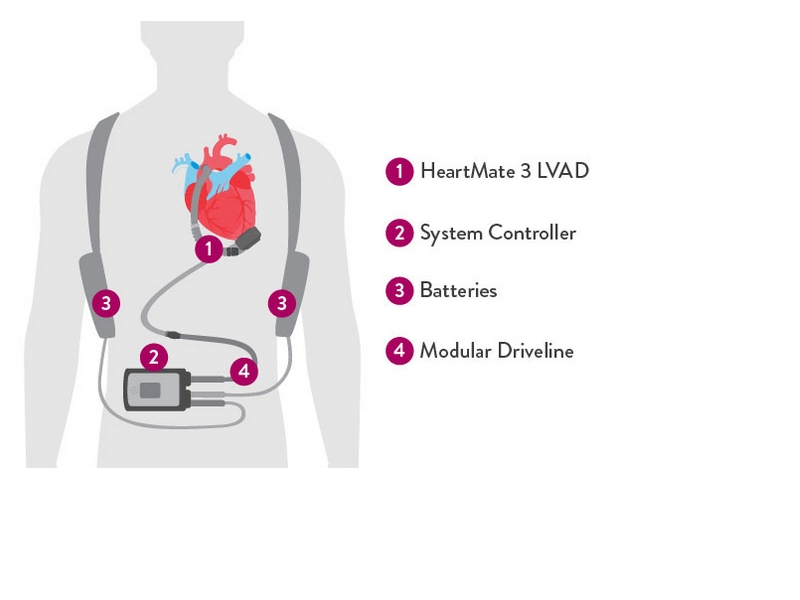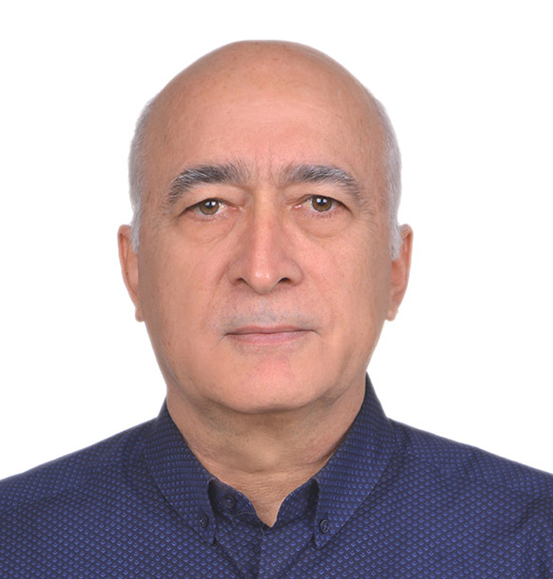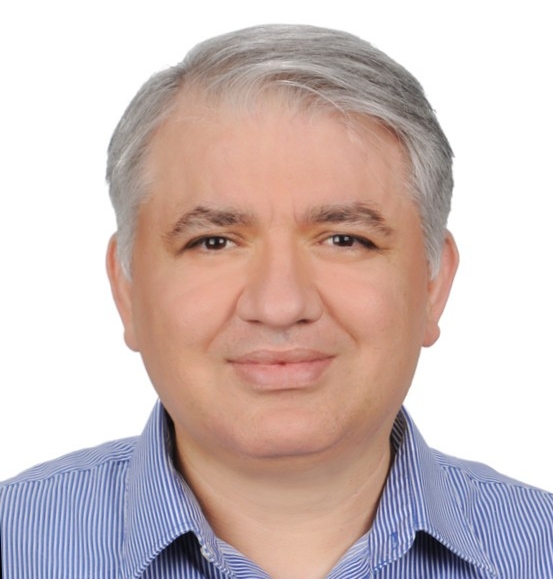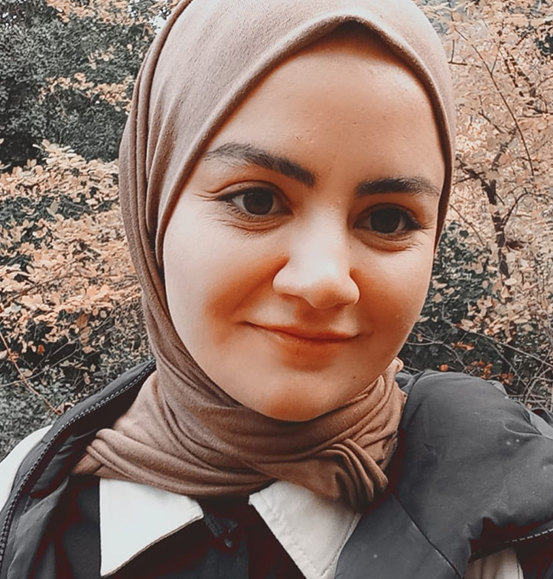About Us
Welcome to the HeartSapiens® Project.
The Heartsapiens project enables patients with artificial heart support devices to be monitored remotely in their own living environments, just as they would be in a hospital.

Heart failure remains one of the most significant health challenges worldwide, including in Turkey. It is reported that there are approximately 5.1 million heart failure patients in the United States, with over 650,000 new cases added each year.
Heart transplantation is still considered the gold standard treatment for end-stage heart failure, where the quality of life significantly declines, and mortality and morbidity rates are high. Although heart transplantation greatly improves survival and quality of life for these patients, it remains an insufficient solution due to the growing number of patients on waiting lists and the limited availability of donors. This situation has increased the need for ventricular assist systems (artificial heart devices = heart support pumps) as an alternative to transplantation.
Despite all technological advancements, the 1-year survival rate for patients fitted with a heart support device is 81.4%, while the 2, 3, and 4-year survival rates are 70.7%, 60.7%, and 50%, respectively. These patients are prescribed warfarin (Coumadin®) as a blood thinner while using the device. Approximately 30% of patients are hospitalized due to bleeding, 10% due to pump clotting, and 55% for other reasons. Many clinics, where significant resources are spent to keep patients alive until heart transplantation, have established specialized follow-up teams
consisting of doctors, nurses, health technicians, and engineers to minimize device- and patient-related complications. Throughout this process, manufacturers have continued to improve the devices, making them smaller, implantable, reducing their energy requirements, and striving to lower complication rates. On the user side, changes have been relatively modest, with efforts focused on reducing complications and simplifying the device attachment process. However, there has been limited progress in the follow-up, treatment, and training of patients using these devices. Innovations and advancements in this area are urgently needed. Although ventricular assist systems are necessary and effective, they are also very costly treatment options. The treatment and follow-up of these patients are both expensive and labor-intensive.
Especially in our country, the majority of patients live in rural areas far from treatment centers or any healthcare facilities. Access to
competent healthcare services in these regions can be difficult or even impossible for patients. This is because heart failure treatment, monitoring, and management of heart pumps require specialized procedures. Healthcare professionals must have
experience working in heart transplant centers or receive specialized training to provide this service. For these reasons, it is challenging to find healthcare professionals in patients’ local areas who can intervene with these devices or understand their parameters. The Heartsapiens project enables patients with artificial heart support devices to be monitored remotely in their own living environments, as if they were in the hospital. Patients’ vital parameters, health data, and device data are periodically monitored and recorded. The system reminds patients of tasks they need to complete and when to take their medications. Any unusual changes in personal data are closely monitored, and deficiencies or disruptions in follow-up and treatment are prevented. Instant messaging and data sharing with patients are also possible. Patients can reach the healthcare team, and the team can contact the patient at any time.
Our Vision
Our goal is to minimize the need for hospital and healthcare team interventions for patients using artificial heart support devices by enabling them to live in their natural environments. We aim to provide solutions that allow patients to receive care in their own natural settings when necessary. Ultimately, we strive to automate follow-up and treatment programs through smart pathways and make support devices function as a natural part of the body.
Our mission
heartsapıens
OUR TEAM
The Heartsapiens project enables patients with artificial heart support devices to be monitored remotely in their own living environment, as if they were staying in the hospital.



